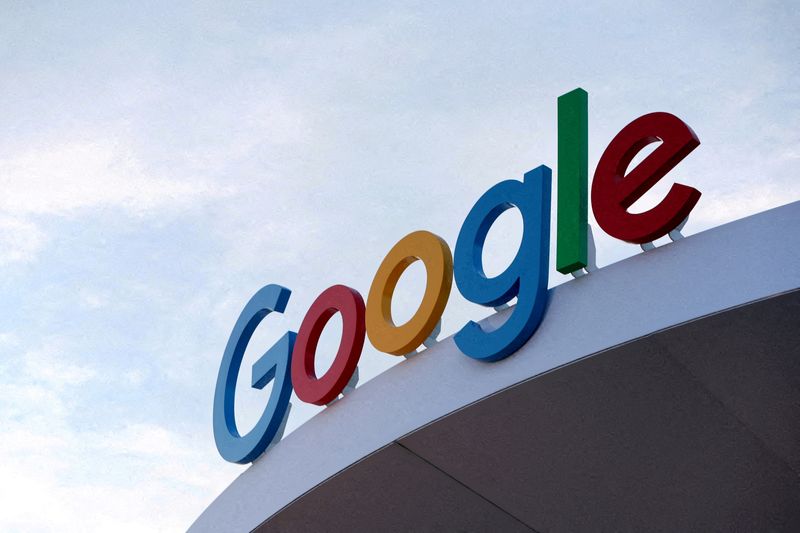WASHINGTON (Reuters) -U.S. District Judge Amit Mehta peppered the Justice Department and Alphabet (NASDAQ:GOOGL)'s Google with questions during the first day of closing arguments in the government's antitrust lawsuit against the online search leader.
The Justice Department hammered away at Google in a trial that started on Sept. 12, arguing the search engine giant is a monopolist and illegally abused its power to favor its bottom line. The second day of closing arguments is set for Friday.
The judge noted that during the trial, Microsoft (NASDAQ:MSFT) acknowledged it did not invest enough in mobile search. "That's not anticompetitive, the fact that Google was smart enough to get on the mobile bandwagon before Microsoft," Mehta said.
The government agreed, but responded that a "mistake by one rival doesn't mean Google gets to monopolize this market forever." But Mehta directed tough questions to Google's lawyer, questioning if any competitor could displace Google on mobile phones.
Google lawyer John Schmidtlein rejected contentions the company had engaged in anticompetitive conduct.
This case, filed by the Trump administration, was the first of five aimed at reining in the market power of tech leaders.
The second, against Facebook (NASDAQ:META) parent Meta, was also filed during the Trump administration, while Biden's antitrust enforcers have followed with a second case against Google and cases against Amazon.com (NASDAQ:AMZN) and Apple Inc (NASDAQ:AAPL).
In this non-jury trial, Mehta will weigh whether Google violated the law, and will later look at any punishment, if needed. A decision is expected later this year.
Witnesses from Verizon (NYSE:VZ), Android maker Samsung Electronics (KS:005930) and Google itself testified about the company's annual payments - $26.3 billion in 2021 - to ensure that its search is the default on smartphones and browsers, and to keep its dominant market share.
In his testimony, Google CEO Sundar Pichai acknowledged the importance of making its search engine the default on phones, tablets and laptops to keep users loyal, saying, "We definitely see value."

In turn, Google has argued the government was wrong to allege it broke the law to hold onto its massive market share, saying its search engine was wildly popular because of its quality and that dissatisfied users can easily switch.
Despite Google's multibillion-dollar payments and Pichai's statement, Google's lawyers have argued that being the default has limited value and that users will not stick around if they are unhappy.